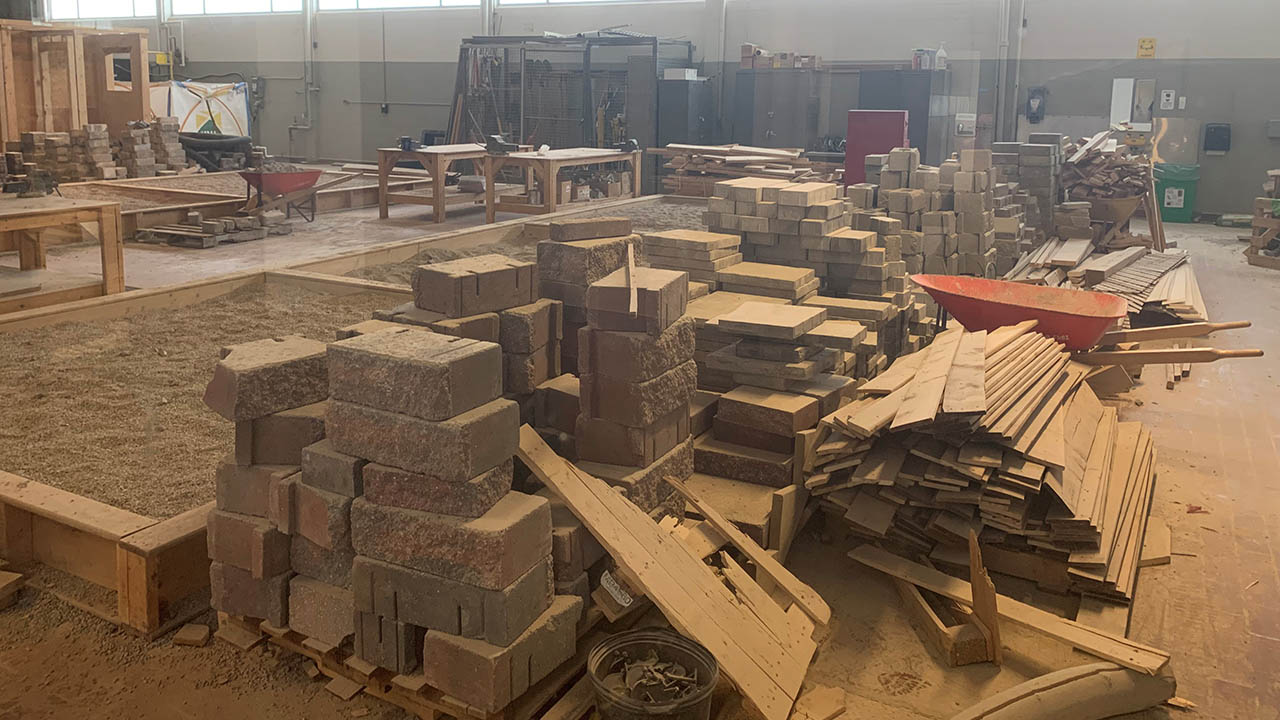New partnership promoting net-zero workforce
 CREDIT: KONSTANTINOS DROSSOS
CREDIT: KONSTANTINOS DROSSOSThe program is set on strengthening the future of green talent for rapidly growing green energy sectors located in the Prairies and Atlantic Canada.
Fanshawe College has joined a partnership with The Business and Higher Education Roundtable (BHER) to promote innovation in green energy and technology. The program is set on strengthening the future of green talent for rapidly growing green energy sectors located in the Prairies and Atlantic Canada. Among BHER’s new partners are Fanshawe College, Royal Roads University, United College (University of Waterloo), Queen’s University, and Trent University.
Amanda Denadai-Shimoda, Senior Business Development Consultant at Fanshawe, talked about the purpose of this partnership.
“The idea is to expand the workplace of integrated learning experiences and opportunities for Canadian students. Its focus is on manufacturing construction clean energy sectors in Canada that we require, like the development of green talents, to pay for net zero economy targets,” Denadai-Shimoda said.
The program will focus and support multiple sectors that utilize green energy like construction and utilities, transportation, clean energy, carbon capture, and storage. It also promotes student entrepreneurs who have their own climate ventures and the green talent needs of their business.
“It’s creating more opportunities to develop more on the local economy and give more exposure to different technologies, products and partnerships. This event will bring industry partners and the college academia by delivering this extra experience for the students to get this connection with the industry,” Denadai-Shimoda said.
The program will function with a “seven wheels” system, which guides students through the working pipeline of the industry, from quality testing in a laboratory to the finalizing steps of the production cycle.
“It’s understanding not just the testing itself, but understanding how you test it, if it’s quality certified for the environment, and how a certified laboratory works, so it’s the whole experience in the laboratory and the experiment of the energy efficiency of the product. It gives that kind of experience for the student.”
In the final stages of the wheel, students will visit industry events and work fairs to not only help expand their network but to also give them the inside industry scoop.
“The other two events, kind of like a fair, where we would have industry partners participating and bringing their information product and network opportunities for them to come work and do activities with industry partners and the Academia,” Denadai-Shimoda said.
The program was funded by BHER in partnership with the Canadian federal government and is aimed at creating 400,000 new jobs across various sectors that require green skills. It plans to launch this coming fall semester in select programs.
















